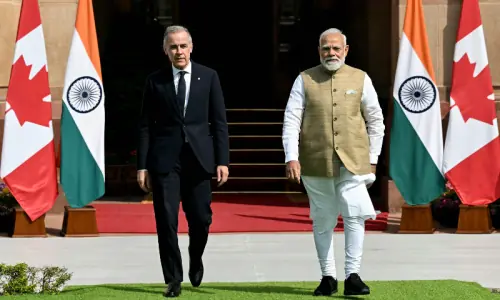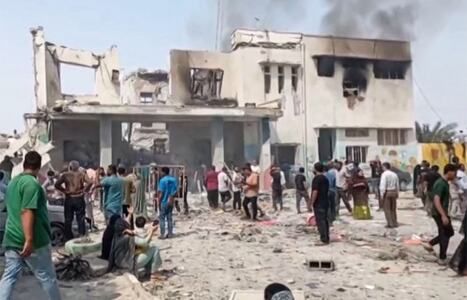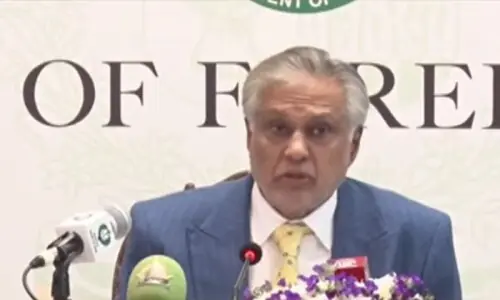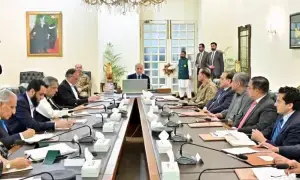ASTANA: Member states of the Organisation of Islamic Cooperation (OIC) on Sunday expressed their resolve to enhance their collective capabilities in the fields of science and technology, and launch joint projects for the purpose.
Some 56 representatives of the member states gathered in the Kazakh capital on Sunday to attend the first OIC Summit on Science and Technology, which followed adoption of the Astana Declaration that contained pledges to alleviate poverty, enhance education spending and meet the goals set forth in the OIC 2025 plan and the UN Sustainable Development Goals 2030.
Representatives of OIC member countries congratulated Kazakh President Nursultan Nazarbayev for hosting the summit and organising the Astana Expo 2017, a special event showcasing innovative technologies in the field of renewable energy.
The OIC also praised the stewardship of President Mamnoon Hussain, the chairman of Comstech, for providing benefits to the member states by strengthening cooperation among them.
Pledge to increase education spending
The leaders of the Muslim world reaffirmed their commitment to the objectives enshrined in the OIC Charter and agreed to pursue cooperation among their countries for sustainable development of their peoples, and to confront the societal challenges of the 21st Century.
Vowing to make knowledge and its application essential features of the way people in the OIC member states live, the leaders underlined the need to increase investments in science, technology and innovation (STI).
They stressed the need to create a well-integrated “enabling ecosystem that included incentives for all stakeholders”, and urged the member states to work for the development and implementation of STI policies, programmes and action plans at regional, sub-regional and national levels.
The OIC countries agreed that necessary measures should be taken for implementation of the recommendations of the bloc’s S&T Agenda 2026. In this regard they urged all the member states to prepare joint programmes and proposals, through active consultation with leading academics, scientists and technologists,
The leaders resolved to achieve the goals of the S&T Agenda 2026 through a series of initiatives and programmes in the fields of education, skill development, and basic and applied sciences.
The OIC members also pledged to increase spending on development of education, science, health and water to achieve the goals set forth in the OIC 2025: Plan of Action and the UN Sustainable Development Goals.
They also called for promoting and supporting collaborative research programmes in the areas of agriculture, food security, conservation of ecosystems, including the fight against drought and desertification and efforts for effective management of water resources.
The meeting also welcomed the offer made by Uzbekistan to host the Second OIC Summit on Science and Technology.
Speaking at a working session, President Hussain said the summit would allow the member countries to benefit from each other’s expertise. Any joint projects, he said, would help turn the initiatives into a cost-effective ventures.
The president said that Pakistan was planning to send teams of scientists to Antarctica for research and invited the other Muslim nations to join the project.
Published in Dawn, September 11th, 2017






























